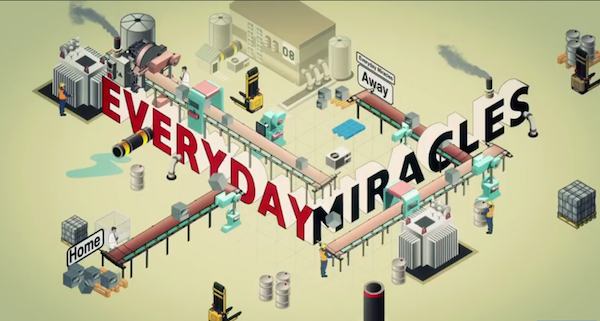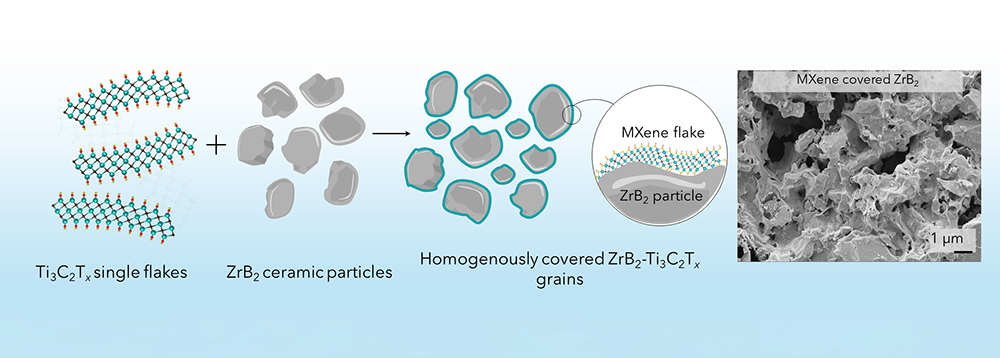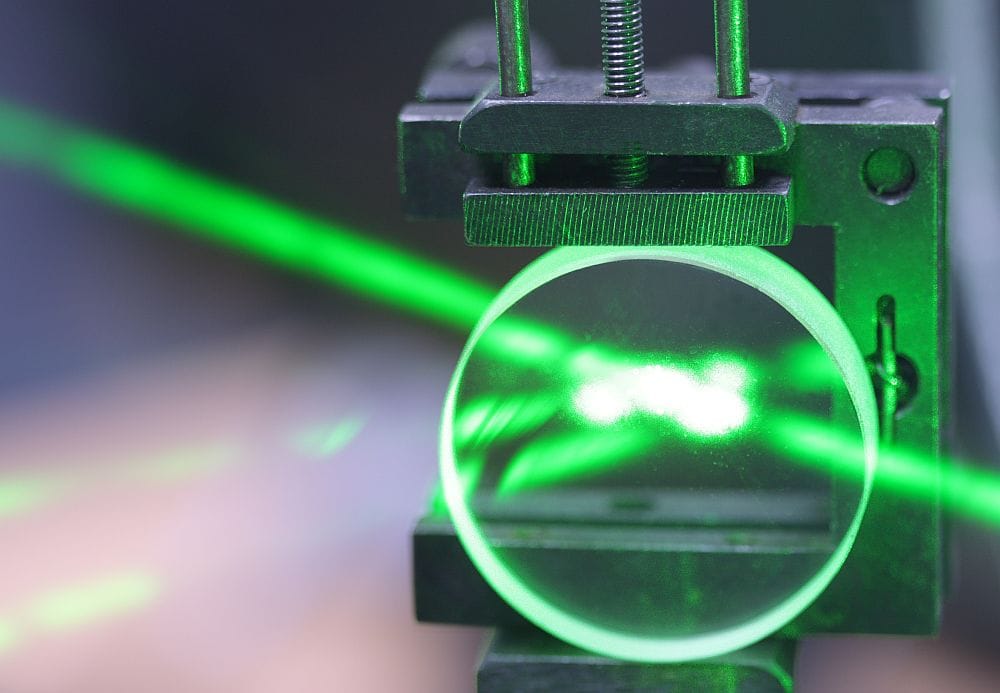
[Image above] Credit: BBC
The more TV I watch—and perhaps the older, wiser, and more discerning I get—the more I appreciate BBC programming.
BBC puts on some great shows: “Doctor Who,” “Orphan Black,” “Sherlock,” “Broadchurch,” “Planet Earth,” “Top Gear,” the list goes on. In addition to being high-quality productions, BBC’s programming panders to a wide variety of audiences and interests—science fiction, crime, drama, nature, automobiles, etc.
(Plus, BBC has my favorite grandfather figure—Sir David Attenborough.)
Materials science, however, is a topic that never seems to find the limelight. It’s so fascinating, so ubiquitous, and so relatable that it’s a bit of a wonder why it’s not more popular.
But with the advent of a new TV show, “Everyday Miracles: The Genius of Sofas, Stockings and Scanners,” hosted by materials scientist and engineer Mark Miodownik, materials science is no longer missing from BBC’s programming repertoire.
In the show, Miodownik “reveals the amazing stories behind everyday objects of desire and how they are miraculously transformed from raw materials into the very stuff of the modern world,” according to the show’s website.
In addition to his materials science and engineering career as a professor and researcher at University College London, Miodownik has positioned himself as a popular science communicator. He writes a regular materials science column for U.K. newspaper The Observer, and his popular book all about materials science, Stuff Matters, has been very well received since it was published in early 2014.
The book earned spots on the New York Times best-seller list and received the Physics World’s 2014 Book of the Year and Royal Society’s Winton Prize for Science Books awards. Watch for my review of Stuff Matters in the upcoming March issue of the ACerS Bulletin (out in just two weeks!).
Based on Miodownik’s entertaining style and enthusiasm for materials and BBC’s outstanding reputation, I have to imagine that the new show “Everyday Miracles” has a knack for making materials science interesting for everyone. See for yourself in the clip below, which features an old-time bicycle race.

Credit: BBC; YouTube
Though you can’t watch full-length episodes unless you’re in the U.K., you can view a variety of short program clips here. And while you’re there, be sure to check out Miodownik’s cache of fun how-to guides for DIY science experiments—including how to tell if you’re a super-taster, how to make a non-Newtonian fluid, and how to make a microscope from a webcam.
Author
April Gocha
CTT Categories
- Basic Science
- Material Innovations
Spotlight Categories
- Member Highlights


